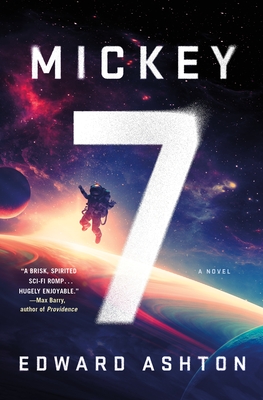Chapter 1
byChapter 1 opens with the protagonist, Mickey, finding himself in complete darkness, disoriented, and lying on a cold, unforgiving stone floor. The immediate sense of confusion grips him as he tries to recall how he ended up in such a dire situation, but his memory is fragmented, like shards of broken glass. He only remembers certain moments—being dropped off at a crevasse and noticing a rock formation that struck him as curious, even amusing, as it resembled a monkey’s head. This fleeting distraction led to him losing his footing and tumbling into a hole, leaving him injured in more ways than one. His left wrist is swollen, and pain radiates through his body as he surveys his surroundings, trying to make sense of where he is and how he can escape. In a desperate attempt to find help, he checks his communication device for a signal, and to his relief, he manages to reach Berto. Berto confirms that he had witnessed Mickey’s fall but also expresses his inability to assist him, citing Mickey’s status as an Expendable—someone who can be replaced upon death. This cold reality hits Mickey hard, as it means no one will risk their lives for him, leaving him to face the consequences alone.
The conversation between Mickey and Berto, while briefly lighthearted, is tinged with a sense of dark humor. Mickey’s frustration is palpable as he listens to Berto’s dismissive attitude, acknowledging that he is, indeed, nothing more than an expendable resource in the eyes of those in charge. As the pain from his wrist intensifies, Mickey’s thoughts turn inward, and he begins to reflect on the coldness of his environment, where the real danger is not just from physical injury but from the freezing temperatures that threaten to end his life. He has often considered the possibility of dying in the harsh cold, and now, stranded in this desolate place, it feels like an inevitable fate. Mickey’s internal monologue blends humor with darker themes, as he contemplates his own mortality and the lack of significance he feels in the eyes of others. His musings about death become a meditation on life itself—what it means to be alive in a world where survival is a constant struggle, and where one misstep can lead to an untimely and unceremonious end. His mind wanders, questioning whether his life, which has been reduced to the role of an Expendable, ever truly had any meaning or if it was all just a series of misfortunes leading to this very moment.
Just as Mickey begins to accept the inevitable, a surprising message from Nasha shakes him from his resignation. Nasha, who seems to hold a meaningful connection to him, reveals that she is on her way to attempt a rescue, giving Mickey a fleeting sense of hope. This unexpected glimmer of hope brings with it a rush of conflicting emotions, from the relief of someone willing to risk their life for his safety to the fear of leading Nasha into a situation that could endanger her. Mickey allows himself a brief moment of hope, but this hope is quickly overshadowed by the grim reality of his situation. He realizes that he is trapped too deep underground and that no rescue attempt could succeed without jeopardizing Nasha’s life. With a heavy heart, he urges her to turn back, understanding that her safety must take precedence over his own. Mickey’s decision to prioritize Nasha’s well-being over his own survival speaks volumes about his inner conflict and his acceptance of the circumstances surrounding his life.
The chapter reaches a poignant turning point as Mickey reflects on his impending fate, resigning himself to the fact that he will not survive this fall. As he contemplates the slow, inevitable death by freezing, he cannot escape the gravity of his situation. Despite his resolve, a small part of him still holds onto the hope that something might change. The realization that Nasha’s determination to save him has reignited a sense of hope within him brings a sense of emotional conflict. It is the first time in a long while that Mickey feels something other than the cold, suffocating despair that has defined his existence up to this point. But as the cold sets in, and his physical state deteriorates further, Mickey knows the truth: he is too far gone, and Nasha’s presence, as much as it has given him hope, cannot save him now. The chapter ends on an unresolved note, leaving the reader with a sense of emotional tension and uncertainty. Mickey’s final thoughts on the matter hint at the complicated emotional terrain he must navigate in the face of death, considering how his potential demise will affect those around him, especially Nasha. Her role in his final moments adds a bittersweet layer to the story, leaving readers eager to see how their relationship will evolve as the narrative unfolds. The chapter sets the stage for deeper exploration of themes such as survival, sacrifice, and the emotional weight of facing one’s mortality alone.

